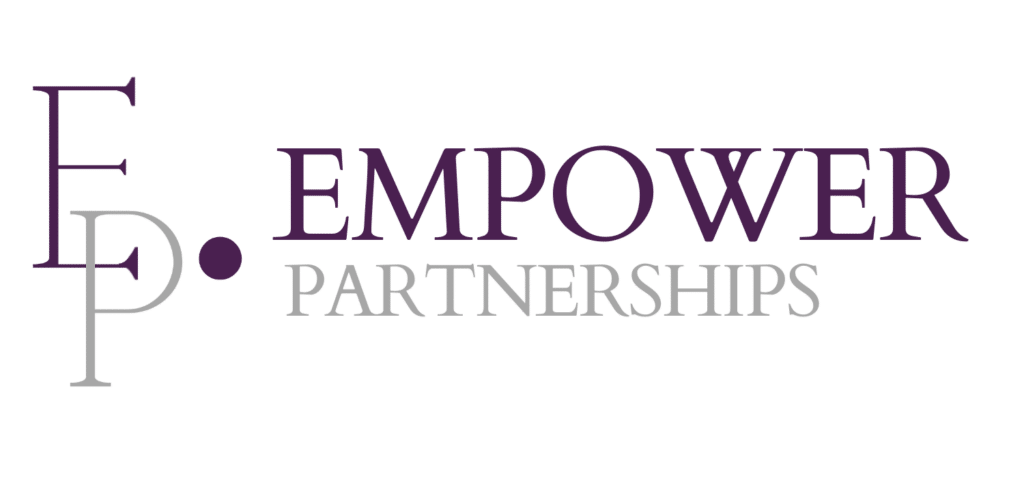Top 3 Reasons Why Employees Leave and How You Can Counteract Them
In today’s competitive hiring market, no organization can afford to lose top talent. But losing your best people is a real possibility if you don’t truly understand what motivates today’s employees — or the factors pushing them to look elsewhere. Whether consciously or not, companies can sometimes create an environment that leaves their workforce wondering whether they should stay or go.
While there are many reasons an employee might leave, here are the top three most common causes we’re seeing right now, plus actionable tips to keep your people committed for the long haul.
#1 Toxic Work Environments
Poor communication, office politics, bullying, and lack of support — these signs of a toxic work environment aren’t just unpleasant. They can result in both physical and mental burnout, as well as lowered motivation to pursue career advancement at your organization. These problems are especially prevalent in high-stress industries like hospitality and food services, which see some of the highest turnover rates.
What Can You Do About It?
Foster a positive culture: Creating a positive culture starts with your core values. Don’t simply identify them; build a holistic culture program to ensure your principles guide everything from daily interactions to long-term goals. Employees need to see that your values aren’t just words on a wall but are actively shaping the way they work.
To further support your workforce, consider offering benefits like Employee Assistance Programs (EAPs), mental health resources, and comprehensive medical benefits. A commitment to employee well-being, both physical and mental, shows that you value your people beyond their output. When employees feel holistically supported, they’re less likely to seek opportunities elsewhere.
Conduct surveys: Unsure how your people really perceive your organization? Employee satisfaction surveys are valuable tools for gauging sentiment and identifying areas for cultural evolution or change management. By consistently gathering — and acting — on this data, you can make targeted changes that foster a healthier, more engaging environment where employees truly want to work.
#2 Lack of Work-Life Balance
Post-pandemic, many employees have re-evaluated their work-life balance, with flexibility no longer being a perk but a must-have if you want to keep your team engaged. In fact, according to a Deloitte survey, work-life balance was the #1 reason Gen Zs and millennials chose their current organization.
In other words, if your employees are constantly stretched thin, overworking, or glued to their desks, they’ll start hunting for a role that lets them breathe a little easier.
What Can You Do About It?
Offer flexible work options: For those organizations whose business model can support it, offer flexible working hours, remote work opportunities, or hybrid models when possible. Employees are more engaged and loyal when they have control over their schedules and can effectively balance their work and personal responsibilities.
Encourage time off: Ensure employees use their vacation time and take mental health days when needed. A supportive leadership team that respects boundaries and values rest is essential to maintaining long-term employee satisfaction.
#3 Poor Management and Leadership
As the saying goes, people leave managers, not companies (seven out of 10 people, to be specific). Poor management practices like micromanagement, lack of communication, or unsupportive leadership are direct lines to high turnover rates. Employees want to feel empowered, not stifled, and they need leaders who understand their challenges and support their professional growth.
What Can You Do About It?
Implement development programs: Effective leadership doesn’t just happen; it’s developed. Offer programs that teach managers how to engage and inspire. Today’s workforce wants leaders who roll up their sleeves, understand day-to-day realities, and build strong relationships with their teams.
Keep communication channels open: Talk with your employees, not at them. Listen to and acknowledge their ideas, providing feedback on those that may not be able to be implemented. Create an open feedback loop where employees can voice their ideas, challenges, and concerns. By involving them in decisions, you show them that their input matters, and when people feel valued, they stick around.
Bringing the Whole Person to Work
Today’s workers no longer compartmentalize who they are outside of the office. Instead, they value workplaces where they can express their identities, passions, and values. And the way we see it, companies shouldn’t want things any other way. When employees are able to show up fully at work, you gain access to their full range of skills, creativity, and unique perspectives that, in the past, may have been left at the door.
This shift calls for companies to implement human resource strategies that empower their workforce, such as establishing flexible, inclusive dress codes, offering flexible work arrangements to accommodate personal needs, and encouraging open conversations. By supporting employees holistically and making room for their whole selves, you tap into their full potential, ultimately benefiting both the individual and the organization.
Tamp Down on Turnover With Highly Seasoned HR Consultants
High annual turnover rates are more than a metric; they’re a sign there may be deeper issues within your company. However, with the right strategies and support in place, you can address these problems head-on.
Our team of expert HR Consultants will work with you to determine the root causes of both voluntary and involuntary turnover in your organization. Then, we’ll develop tailored solutions that enhance the employee experience, ensuring your team feels valued and motivated to stay.

Sarina Ryczek is Empower Partnership’s CHRO and Managing Partner. She has spent more than 25 years helping global organizations build, nurture and grow their people programs. Her experience spans organizations of all sizes, from start-ups to Fortune 500 companies across multiple industries.
Sarina Ryczek
CHRO and Managing Partner



